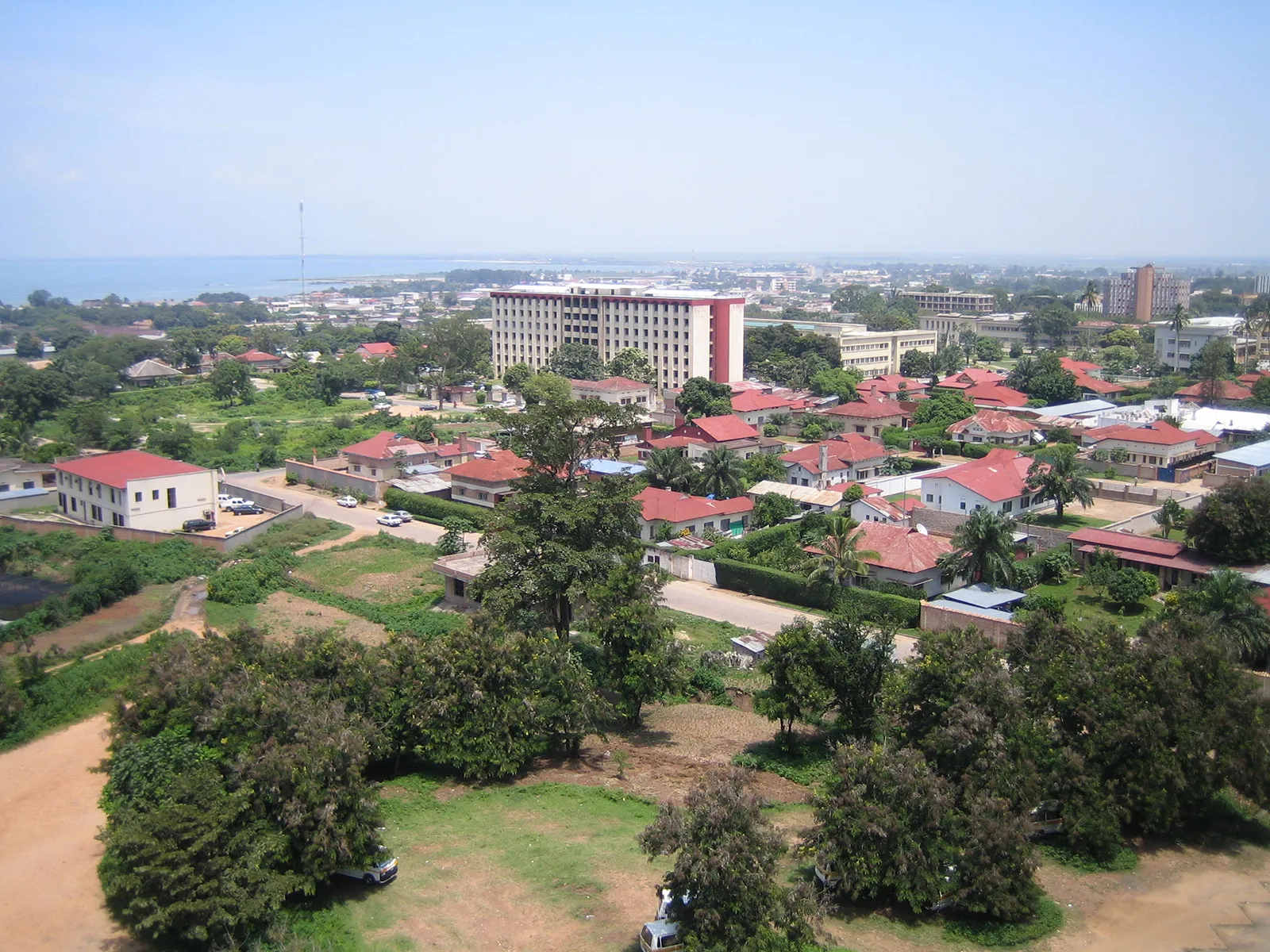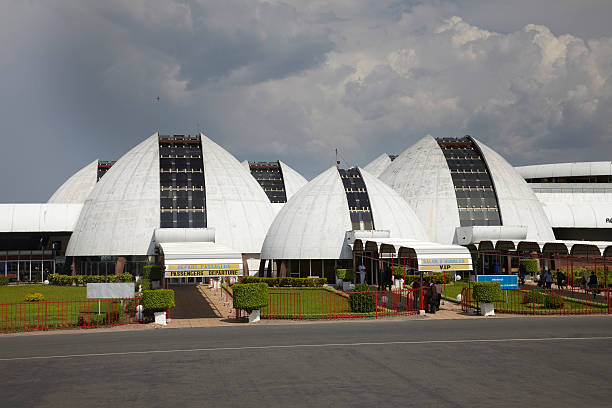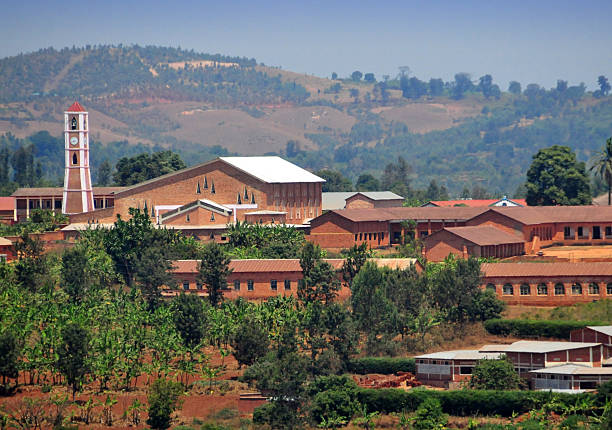Edit Content
Edit Content
Edit Content
Edit Content
Edit Content
Edit Content
We have a team of professionals to help you with all your business needs. So, that you can focus on business expansion in Burundi.
Please feel free to email us on [email protected]
There are roughly 11 million people living in Burundi, a small nation in East Africa. Despite ranking among the world’s poorest nations, Burundi has made strides in recent years to enhance its business climate and draw in outside investment.
Over 90% of the population works in agriculture, which contributes about 40% of Burundi’s GDP and employs the nation. Construction, energy, and mining are additional important industries. Despite the difficulties of conducting business here, there are opportunities for foreign investors in these and other sectors.
Despite being one of the world’s poorest nations, Burundi is a small landlocked nation in East Africa. There are a number of benefits to doing business there.
In recent years, Burundi has made strides toward enhancing its business climate, particularly in areas like registering real estate and establishing a business. This has contributed to making it simpler for businesses to run in the nation.
Burundi has a relatively low cost of labor when compared to other nations in the region. Because of this, it may be a desirable location for companies seeking to cut costs and boost profits.
Minerals like tin, tungsten, and tantalum, which are used in a variety of industries, are abundant in Burundi. The government has been taking actions to strengthen the mining industry’s regulation, which can give businesses operating in this region more stability.
With a median age of about 18, the population of Burundi is relatively young. For businesses, particularly those offering goods and services geared toward consumers, this opens up a sizable potential market.
Burundi is a member of the East African Community (EAC), a regional body that encourages economic integration and cooperation among its member states. It is situated in the center of East Africa. As a result, businesses have access to a bigger market and perhaps fewer trade restrictions.
The tax system in Burundi is intended to bring in money for the government and give companies a secure and predictable environment in which to operate.
1.Income Tax :
In Burundi, taxable income is subject to income taxation for both individuals and businesses. Since Burundi has a progressive income tax system, higher income levels are subject to higher tax rates. Individual tax rates range from 0% to 30%.
Tax Slab Rate :
Burundi Residents Income Tax Slab Rate :-
BIF 0.000.00 to BIF 150,000.00 – 0%
BIF 150,000.01 to BIF 300,000.00 – 20%
BIF 300,000.01 and above – 30%
Burundi Non-Residents Income Tax Slab Rate :-
BIF 0.000.00 to BIF 150,000.00 – 0%
150,000.01 to BIF 300,000.00 – 20%
BIF 300,000.01 and above – 30%
2.Corporate Tax :
In Burundi, corporations that conduct business there must pay a tax on their profits. In Burundi, corporations are currently subject to a 30% corporate tax rate on their net income. Allowable expenses are subtracted from the company’s gross income to determine net income.
Depending on the requirements and goals of the company, different types of companies can be formed in Burundi. The following business categories are most prevalent in Burundi:
A sole proprietorship is a type of company in that is owned and operated by a single individual. The owner is fully responsible for all aspects of the business, including any debts or legal liabilities that may arise.
A partnership is a type of company in that is owned and operated by two or more individuals who share profits and losses..
There are 2 types of partnerships in :
A Limited Liability Company LLC) is a type of company in where the owners are not personally liable for the company’s debts or legal obligations. The LLC is considered a separate legal entity from its owners, and the liability of the owners is limited to the amount of their investment in the company.
Businesses that are owned and run by a group of people with similar interests are known as cooperative companies. People who want to pool their resources and work together to accomplish a specific goal, such as generating income, opening up job opportunities, or offering goods and services to their community, typically form these organizations.

There are roughly 11 million people living in Burundi, a small nation in East Africa. Despite ranking among the world’s poorest nations, Burundi has made strides in recent years to enhance its business climate and draw in outside investment.
Author: Chandrawat & Partners
Topic: Doing Business in Burundi
Download our comprehensive guide on – Doing Business in Burundi
Get in touch with the right people to get the right help in setting up your business in Burundi.
Contact us at: [email protected]


Burundi Residents Income Tax Slab Rate :-
BIF 0.000.00 to BIF 150,000.00 – 0%
BIF 150,000.01 to BIF 300,000.00 – 20%
BIF 300,000.01 and above – 30%
Burundi Non-Residents Income Tax Slab Rate :-
BIF 0.000.00 to BIF 150,000.00 – 0%
150,000.01 to BIF 300,000.00 – 20%
BIF 300,000.01 and above – 30%

A partnership is a type of company in that is owned and operated by two or more individuals who share profits and losses..
There are 2 types of partnerships in :

A Limited Liability Company LLC) is a type of company in where the owners are not personally liable for the company’s debts or legal obligations. The LLC is considered a separate legal entity from its owners, and the liability of the owners is limited to the amount of their investment in the company.
Businesses that are owned and run by a group of people with similar interests are known as cooperative companies. People who want to pool their resources and work together to accomplish a specific goal, such as generating income, opening up job opportunities, or offering goods and services to their community, typically form these organizations.

Chandrawat & Partners is a prominent full-service firm dedicated to delivering top-tier professional services to clients both within the domestic and international spheres.
Copyright © Chandrawat & Partners. All Rights Reserved.
Copyright © Chandrawat & Partners. All Rights Reserved.
Chandrawat & Partners stands as a dynamic and rapidly expanding full-service firm, specializing in the delivery of exceptional professional and corporate services to a diverse clientele, both foreign and local. We proudly represent companies and individuals across a wide spectrum of sectors through distinct entities established in various countries worldwide.
Chandrawat & Partners stands as a dynamic and rapidly expanding full-service firm, specializing in the delivery of exceptional professional and corporate services to a diverse clientele, both foreign and local. We proudly represent companies and individuals across a wide spectrum of sectors through distinct entities established in various countries worldwide.
ASIA
AFRICA
EUROPE
NORTH AMERICA
SOUTH AMERICA
OCEANIA